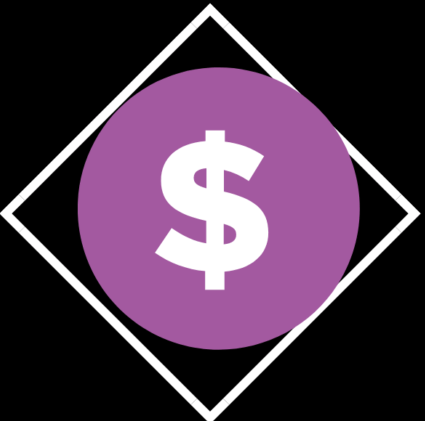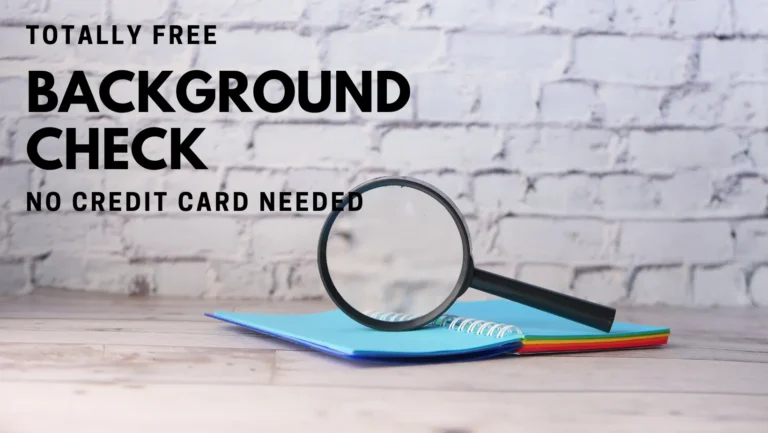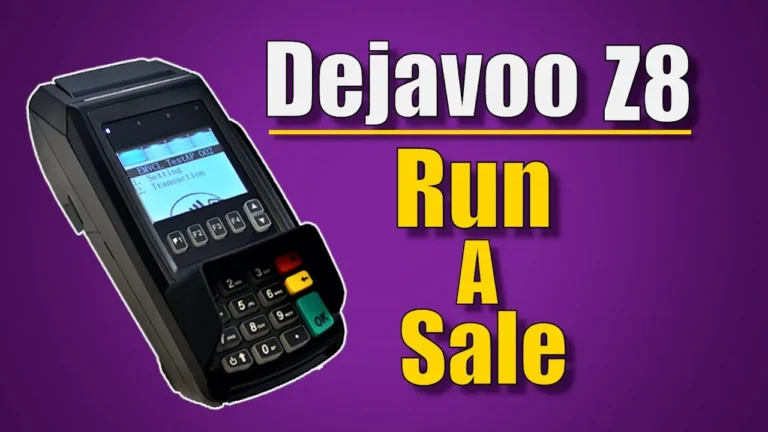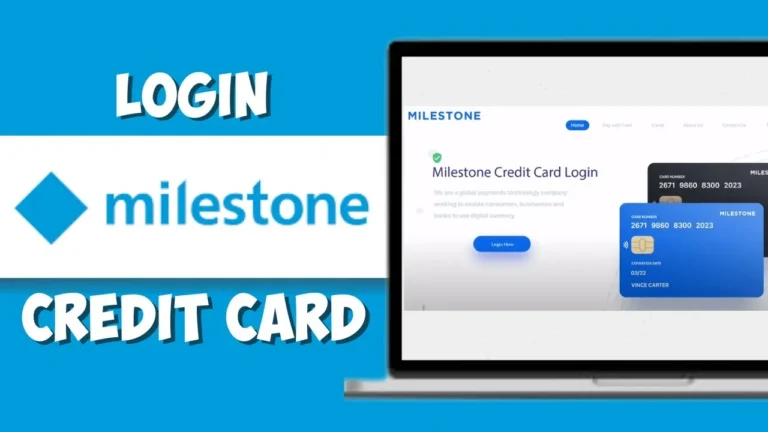Amazing Cash App Card for Kids: All You Need to Know
Cash App Card for Kids provides a secure and informative platform for young people to interact with money. In this complete overview, we will look at the features and general concerns of the Cash App Card for Kids. Let’s dive in!

Cash App Review
Mobile currency apps have increased in popularity as a secure way for children to pay for everyday essentials such as sports, hobbies, and school fees, as well as for parents to manage their allowance.
There are numerous ways for parents and children to manage cash. Zelle allows you to perform direct bank transfers, manage shared accounts on apps such as Cash App or Current, and transfer money across PayPal and Venmo mobile wallets.
In this article, we will discuss how teens can use the Cash App’s features. Let’s look at the features, restrictions, registration process, and our top picks for kid-friendly cash app alternatives!
Cash App is one of the best smartphone apps, in our opinion, for families to manage their daily costs together. Sponsors have full insight into their child’s transactions, and the registration process is quick.
The program allows teens to earn incentives, use a debit card, receive periodic allowances, and learn long-term financial saving practices.
How Do I Use Cash App When Under 18?
To open a Cash App account, you must be 13 years or older. However, if you are under the age of 18 or unable to authenticate your identity using your social security number, you will have limited access to certain functions.
Fortunately, Cash App users aged 13 to 17 with a sponsored account under the supervision of a parent or guardian have access to more services in the United States.
What is a Cash App-Sponsored Account?
Cash App promotes accounts that are lawfully held by a parent or another responsible adult.
The sponsor must first have a validated Cash App account. They can then invite a child, aged 13 to 17, to register as an authorized user.
Teenagers can download the app first. Following that, you’ll utilize the app to ask your parents to sponsor you.
The kid will be able to send and receive money, use Boosts and a Cash Card, receive direct deposits, and even access Bitcoin and equities through a sponsored account.
Parents can track their child’s activity, disable specific functions, and cancel sponsorship at any time. The sponsorship will expire when the accepted user successfully proves their age upon reaching eighteen.
The former sponsor will no longer have visibility or control over the 18-year-old’s account because they are now the sole legal owner.
Cash App Features for Teens
With some of the best features for families, Cash App is one of the easiest apps to use. Browse the list below to learn how parents and teenagers can collaborate to control daily spending.
Adolescents with sponsored Cash App accounts can accomplish the following:
- Receive regular payments for your allowance.
- Every thirty days, transfer, receive, and request $1,000.
- Up to $7,500 can be contributed to their accounts.
- The maximum cash-out amount is $25,000 each week.
- When shopping, use your Cash Card to make your purchase.
- Use your Cash Card to withdraw cash from ATMs.
- Put down cash ($250 every seven days or $1,000 every thirty days).
- Get a cash boost here.
- Every 30 days, you can purchase Bitcoin for up to $400.
- Invest up to $400 in equities every 30 days.
Furthermore, you may be confident that your Cash App balances, including your savings, are protected by FDIC insurance up to a maximum of $250,000.
Cash App, in partnership with its partner banks, provides cash balance insurance for the sponsored teen’s and sponsor’s accounts.
FDIC insurance does not protect Bitcoin or investment balances, thus, you will be responsible for any losses. Please be advised that there is risk associated with investing in and purchasing Bitcoin, and you may lose money.
Kids Cash App Restrictions
Aside from the features described above, sponsors might impose spending limits. Furthermore, all transactions on the account will be publicly accessible, allowing you to track how your child uses it.
Children can use the Cash App to invest and purchase Bitcoin, but only with the sponsor’s permission. To acquire access, sponsors must go through an approval process.
After it is unlocked, the sponsor will have access to all transaction history and activities. Cash App features are exclusively for verified account holders who are 18 years and above, and they include borrowing, check depositing, cross-border payments, and phone help.
Cash App Card for Kids
Teens can use the Cash Card to deposit and withdraw money from ATMs, as well as make purchases. Additionally, the Cash App provides a “Boost” option while making purchases with the card.
When you make purchases at participating businesses such as CVS, Walmart, Starbucks, and others, you may utilize Boosts to earn instant rewards and save money.
Risks of Using Peer-to-Peer Cash Transfer Apps
Cash App, Chime, and Venmo are apps that use secure financial technologies. However, the Cash App is not a bank. It offers financial services, including debit cards, in collaboration with partner banks, including Sutton Bank Member FDIC.
Visa U.S.A., Inc. holds the license for the Cash Card. The Federal Deposit Insurance Compensation (FDIC) insures your cash deposits. As a result, even in the unlikely event of a bank collapse or a company’s bankruptcy, your balances will be secure.
The most important thing to remember is not to give money to the wrong person. Peer-to-peer payment apps work similarly to cash transactions. Some of these apps are Zelle, Venmo, Cash App, and others.
Cash App cannot guarantee that you will receive your money back if you accidentally pay money to a user or request a refund from a business. Sending money to strangers should be avoided, and it is best to use your debit card at reputable, safe establishments.
6 Great Cash Apps for Teens
Parents can monitor their children’s allowances and expenditures with apps such as Cash App and Current. Other apps do not provide dual management; they are simply mobile wallets that allow you to transfer funds across accounts.
Let’s look at a few teen Cash App alternatives and analyze the pros and cons of each:
1. Cash App
As previously said, Cash App offers parents high-quality accounts to manage their children’s finances. It’s also one of the most popular and dependable apps in the country.
Anyone aged 13 to 17 can sign up for a Cash App account. To use all services, teenagers will need to be sponsored by a confirmed parent or other responsible adult.
Teens who are accepted can save money, make purchases with a debit card, receive recurring allowances, and more. Parents can view the history of all purchases, set limits, and cancel sponsorship at any moment.
2. Current
Current is another contender for the best cash app for teenagers. There are no hidden or membership fees, exactly like with the Cash App. In addition to watching their child’s debit card activities, parents may automate allowances, set spending limits, and make instant transfers.
There are a few additional benefits for families in Current. In addition to assigning tasks and allowing other family members to contribute money, parents might forbid certain enterprises.
3. Chime
Customers can open a free US checking account using Chime, an outstanding program. In the United States, this is one of the most popular fintech applications.
It is jam-packed with features, including free rapid transfers between Chime account holders, an optional credit builder card, and an optional savings account.
However, Chime is only available to individuals over the age of 18 with a social security number. Parental control and shared account functionality are missing.
4. Venmo
Venmo, a mobile wallet service, issues debit cards for use within the United States and its territories. Parents and legal guardians with Venmo accounts can apply for teen accounts on behalf of their children.
With the Venmo app, you can monitor your child’s balance and receive real-time spending notifications. You may always view transactions, adjust privacy settings, or lock the debit card.
Venmo’s main shortcoming is that it is limited to being a mobile wallet; it does not provide other appealing functions such as investing, saving, or credit development.
5. PayPal
PayPal is a mobile wallet available worldwide, best known for its fraud protection features. This software includes credit cards, Pay Later options, business tools, and a mobile wallet for transferring and receiving money.
Nevertheless, PayPal account holders must be at least 18 years old. Parental control tools and teen accounts are unavailable.
We also strongly warn against sending or spending money internationally via PayPal. In general, we believe that apps such as Current, Chime, and Cash App are better choices for families with teenagers.
6. Zelle
PayPal is a mobile wallet available worldwide, best known for its fraud protection features. This software includes credit cards, Pay Later options, business tools, and a mobile wallet for transferring and receiving money.
Nevertheless, PayPal account holders must be at least 18 years old. Parental control tools and teen accounts are unavailable.
We also strongly warn against sending or spending money internationally via PayPal. In general, we believe that apps such as Current, Chime, and Cash App are better choices for families with teenagers.
10 Safety Tips for Parents and Kids about Cash App
Creating supervised bank accounts for your children is a great way to teach them about money management and internet safety. The following are some of the most important tips to follow when using digital cash apps:
- Help children understand that using cash transfer apps is the same as transferring cash by addressing the possibility of no reimbursements. They are not equivalent to credit, which is easier to dispute and repay.
- Verify the recipient’s details twice to ensure that the money is delivered to the correct person.
- Only deal in cash with people you know. Cash applications have a long history of being utilized by con artists to solicit funds.
- The BBB Scam Tracker is a great website that shows examples of con artists taking advantage of consumers.
- Never reveal personal information or passwords. Never respond to questionable URLs that look to be from a cash app supplier that wants your password. Notify the relevant authorities, such as the Bureau of Consumer Protection.
- Get a subscription to data security software, such as Express VPN, to keep hackers out of your devices and cash apps.
- Teach them how to use fingerprint ID, PIN codes, facial ID, multi-factor authentication, and strong passwords to increase their security.
- If you are unable to pay off your credit card account in full each month, you will be charged interest and your credit score will be decreased.
- Keep your child’s cash app account balances low. When it comes to money lost due to fraud or scams, losing $100 is always better than losing $1,000.
- Kids may learn about financial literacy with the cash app opportunities, which range from interest rates on savings to compound interest on investments.
The Bottom Line
The platform limits the Cash program capabilities available to authorized users in order to ensure that children use the program responsibly.
Specifically, your child’s Cash Card or app cannot be used to make transactions in bars, clubs, cigar stores, hotels, or resorts. This category includes casinos, dating services, bail and bond firms, as well as automobile rentals.
Leave your thoughts about this post in the comments section, and don’t forget to share it with the people you care about if you find it valuable.







